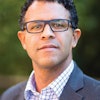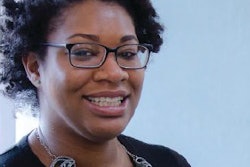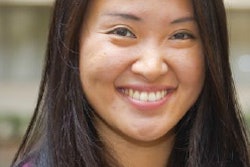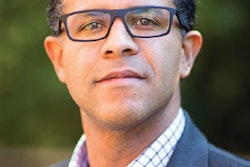With a mother as a university professor and former dean of the College of Education at the University of Texas at El Paso, there was little question that Dr. Robert Tinajero would go on to achieve greatness.
“It was a given we would go to college,” says Tinajero, who, like his three siblings, are all teachers. He’s an associate professor of English at Paul Quinn College —a small, private historically Black college located in Dallas. One sibling teaches elementary school, one middle school and the other teaches high school.
A Mexican American who was born and raised in El Paso, Tinajero enrolled in Austin College in Sherman, Texas, where he first flirted with the idea of becoming a doctor.
“Even though I loved science, it wasn’t my passion,” Tinajero says of his decision to abandon the pre-med route and major in English and religion instead.
By the time he enrolled at Southern Methodist University to pursue a master’s in theological studies, Tinajero was convinced that he wanted to follow in the footsteps of his mother and become a university professor. Initially, he toyed with the idea of teaching religion, but after earning an MFA in creative writing from the University of Houston and, later, a Ph.D. in rhetoric and writing studies from the University of Texas at El Paso, Tinajero made the shift to teaching English.
Even before he completed his dissertation, he landed a full-time teaching job at Tarrant County College — a two-year institution — in the Fort Worth, Texas area, where he eventually earned tenure in 2013.
After reading an article about the turnaround at Paul Quinn College (PQC) under the leadership of Dr. Michael J. Sorrell, Tinajero became intrigued. He sent Sorrell a tweet saying that he was interested in teaching at the college if a position became available.




















